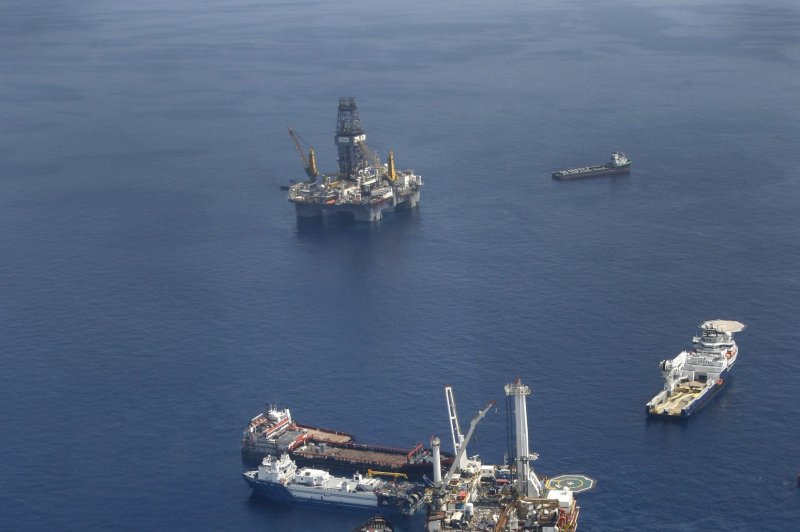by reuters, Lebanon expects to start oil production in 2018 and will deposit the resulting revenues into a sovereign wealth fund, President Michel Aoun said on Jan. 31. “Everything that is extracted will be for the Lebanese people,” he said during a meeting with a press syndicate delegation. Aoun said the revenues would be invested […]

By Harry Enten
Donald Trump signed a wide-ranging executive order on Friday that resets the United States’ immigration and refugee programs. The policy bars immigrants from seven heavily Muslim countries from entering the U.S. for 90 days, including people with green cards. It bans all
refugees from entering the U.S. for 120 days, and indefinitely bans
Syrian refugees. And it cuts the number of refugees the U.S. will accept
overall in 2017. (For a more detailed rundown, read here.)
The scope of Trump’s executive order is such that we’re largely in
uncharted waters. Past polls are only so useful, as most of them did not
ask about actions as broad as the ones Trump undertook. This isn’t like
same-sex marriage, or other more straightforward yes-no issues that
have been polled for years. I’d be suspect of anyone claiming it’s clear
which way public support will go on Trump’s actions — at least until we
get more polling.
Slight differences in framing and question wording can also have big
effects on how well immigration, refugee and terrorism policies poll.
Whether Trump’s executive order is viewed in humanitarian terms or (as
the Trump administration has tried to frame it) in the context of
counterterrorism could go a long way towards determining how much the
public supports it.
In the meantime, here’s what we do know:
1. In the context of terrorism, at least a plurality of Americans are OK with immigration bans.
The Trump administration has argued that this is not a ban on Muslims. Rather, they’ll likely argue, as the order itself does,
that the policies are meant “to protect the American people from
terrorist attacks by foreign nationals admitted to the United States.”
It’s not at all clear these policies will actually improve national security, but the American people have been more supportive of immigration restrictions in the name of counterterrorism. In a Quinnipiac University poll
conducted in January, 48 percent of voters supported “suspending
immigration from ‘terror prone’ regions, even if it means turning away
refugees from those regions.” Forty-two percent were opposed. And a
December Politico/Harvard T.H. Chan School of Public Health poll
found 50 percent of Americans were in favor of “banning future
immigration from regions where there are active terrorist groups.”
2. But a majority of Americans oppose a religion-based immigration ban.
Just 41 percent of Americans supported a temporary ban on Muslims
entering the country who are not U.S. citizens, according to an August
2016 ABC News/Washington Post poll. A slight majority (52 percent) were opposed. A July CBS News/New York Times survey, which asked a similar question, found only 35 percent of voters thought the U.S. should temporarily ban Muslim immigration.









